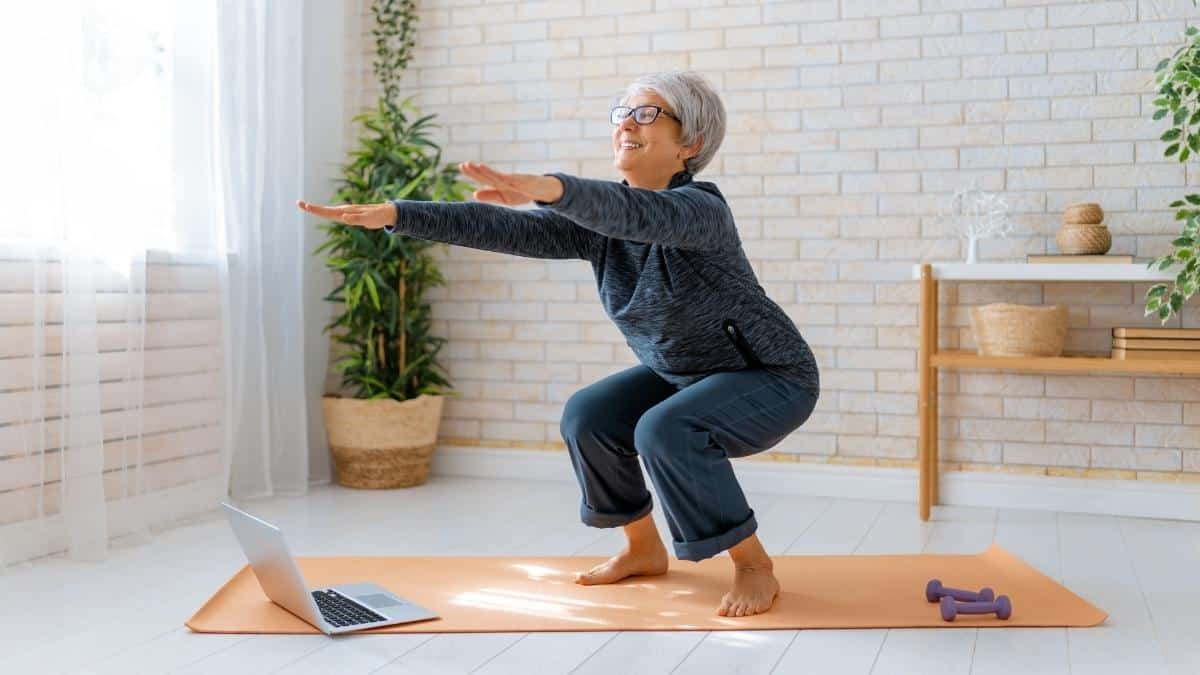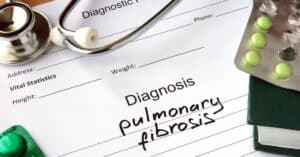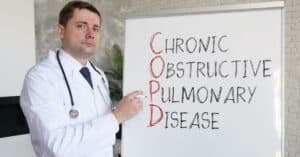Most of us already know that exercise is good for us. It makes our weight easier to control and can lower our risk of severe medical conditions like type 2 diabetes and cardiovascular disease, all while building our muscles and increasing our levels of endurance.
When you have chronic obstructive pulmonary disease (COPD) though, it’s super easy to forego physical activity simply because it makes it even harder to breathe. However, regularly exercising provides many benefits for people who have been diagnosed with this particular lung condition.
Here are four to consider.
1. It Strengthens Your Respiratory Muscles
In an article published in the journal Breathe, the researcher explains that your respiratory muscles are made up of your abdominal muscles, the muscles surrounding your rib cage, and your diaphragm.
Each of these contribute to the breathing process. Each of these is also strengthened through exercise, which means that, over time, with a consistent exercise program, you can begin to breathe easier.
2. It Improves Your Mood
Have you ever had a bad day, went for a walk, and felt better almost instantly? That’s because exercise is a great mood booster. It releases hormones called endorphins which give you a natural type of high.
The Mayo Clinic says that exercise also makes you feel more self-confident, another factor that can easily improve your outlook on the rest of the world.
3. It Reduces Your Feelings of Depression and Anxiety
Speaking of mood, exercise also helps lessen your feelings of depression and anxiety through something the American Psychological Association calls “the exercise effect.”
This effect references the mental health benefits of exercise related to feelings of sadness and tension, which many studies have found to be lowered with physical activity, both short and long-term.
4. It Makes It Easier to Quit Smoking
If you smoke and are trying to quit to help your COPD, exercise makes it easier to kick the habit. SmokeFree.gov explains that it works by reducing your urge to smoke, helping you get past the I-want-a-cigarette-now type of cravings.
It also decreases your nicotine withdrawal symptoms for up to one-hour after the exercise session.
You should always obtain permission from your doctor before beginning any type of new exercise routine. But once you get approval, you can enjoy the many benefits of a physical activity program.

Christine Kingsley, APRN is the Health and Wellness Director at the Lung Institute where she focuses on providing helpful online resources for people looking for information on various lung diseases, breathing exercises, and healthy lifestyle choices. She advocates for holistic care that involves working with your doctor to explore all options including traditional and alternative care while focusing on diet and exercise as proactive measures.









